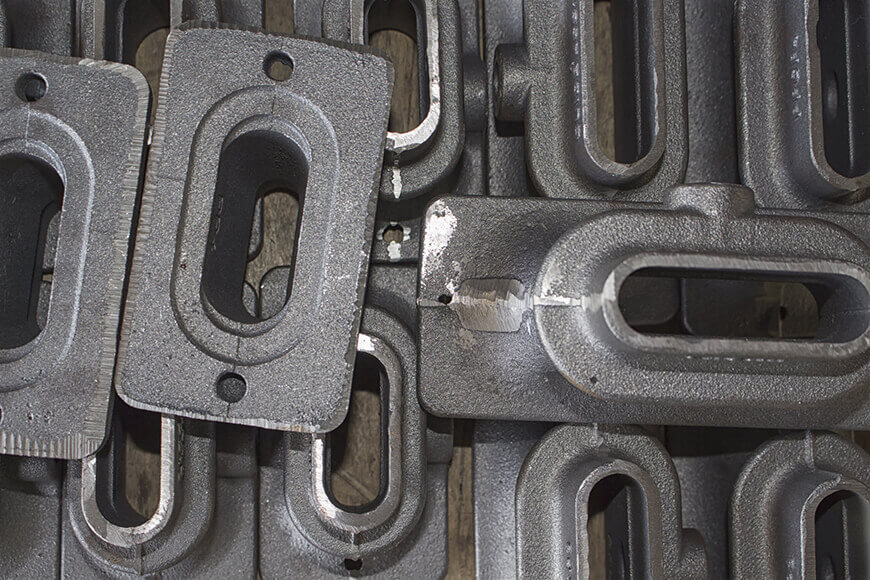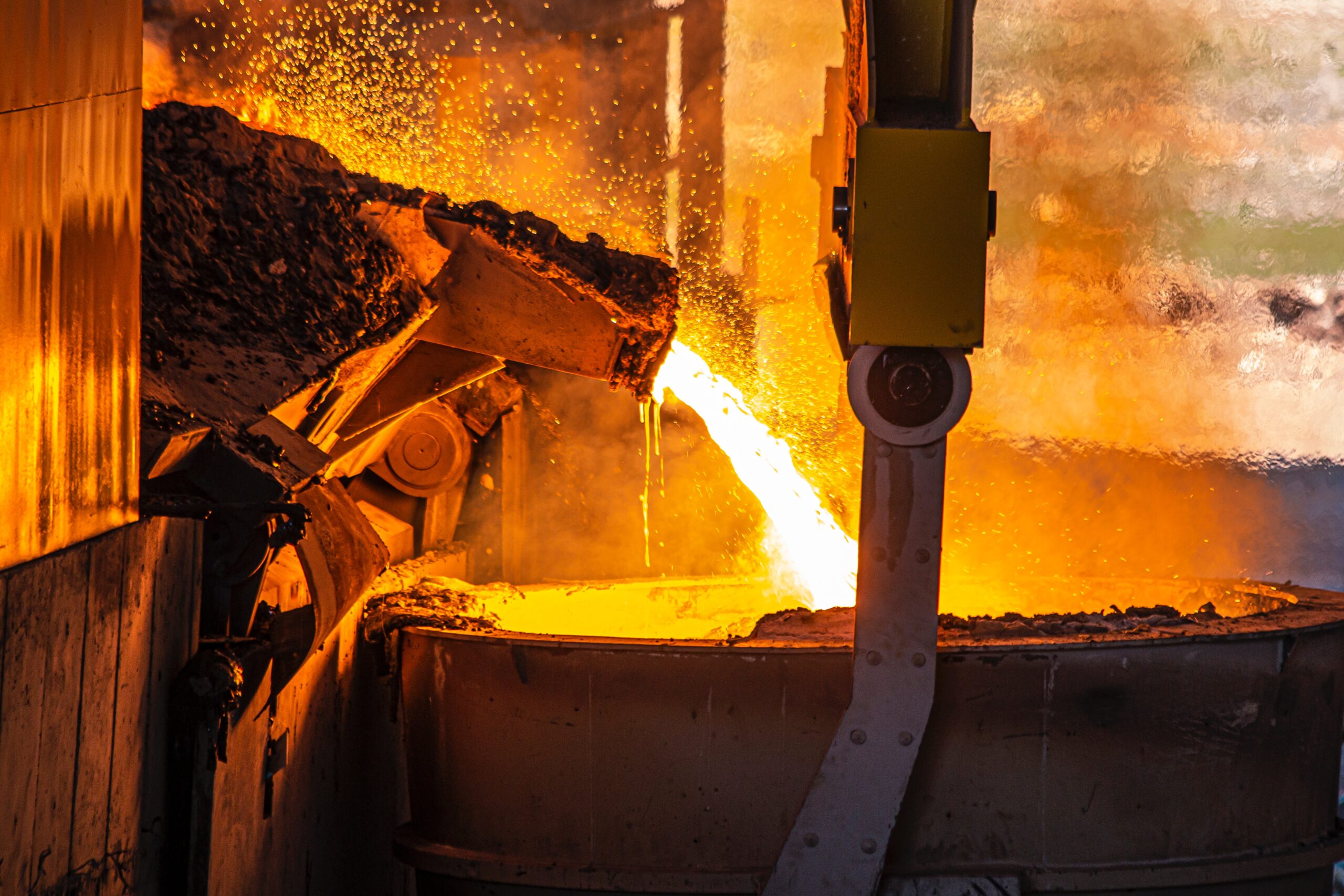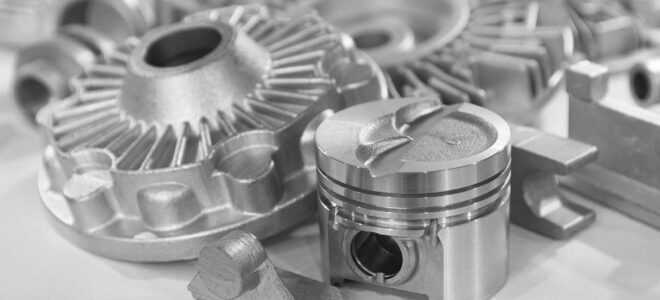Steel casting is a manufacturing process that has been used for centuries to create items of various sizes and shapes. This method offers several advantages when compared to other methods, including lower production costs, greater accuracy, and faster turnaround times.
In this article, well take a look at why steel casting is an ideal choice for many businesses or projects and the benefits it can bring.
Strength and Durability of Steel Castings

Source: .reliance-foundry.com
Steel casting offers numerous advantages over other methods of manufacturing, and one of the most important is its strength and durability. Steel castings are extremely hardy, able to withstand high pressures, temperatures, and impacts without fracturing or breaking down.
This makes them an ideal choice for a variety of applications in which quality and longevity are paramount. For example, steel castings have been used to create components for engines in many industries such as automotive and heavy machinery due to their exceptional ability to resist wear-and-tear from continuous use.
In addition, steel castings can be used to create parts that require precise dimensions with exacting tolerances since the mold process allows for greater accuracy than other forms of production. As a result, engineers who choose steel casting benefit from higher precision at lower costs when compared with alternative materials or processes.
Ultimately, strength and durability make steel casting an excellent option for producing durable components that will stand up against even the toughest conditions while maintaining optimal performance over time.
Cost Efficiency and Quality Assurance
Cost efficiency and quality assurance are two key advantages of steel casting that make it an attractive option for many companies. This method is designed to optimize the cost-effectiveness of production, allowing businesses to achieve the same level of quality with fewer resources.
Moreover, this process is known for its high degree of accuracy and consistency, ensuring a consistent product each time. The casting process also helps reduce scrap rates by utilizing highly accurate molds as well as efficient pouring techniques that result in minimal waste or rework. Furthermore, stringent quality control measures ensure a safe and reliable product every time.
With these benefits working together to provide precision results at lower costs than other processes, steel casting remains one of the most popular methods among producers looking for cost efficiency and quality assurance.
Versatility in Design and Manufacturing Processes

Source: ferralloy.com
Steel casting is a popular manufacturing process due to its versatility in design and production. This unique method offers several advantages, such as the ability to fabricate complex shapes with intricate details that would be difficult or impossible to achieve using alternate processes.
Its versatility also allows for high levels of customization, enabling manufacturers to produce parts that are tailored specifically for their needs. Additionally, steel casting can be used in a variety of industries ranging from automotive, aerospace and marine engineering all the way through consumer products like jewelry and cookware.
The range of applications makes it an ideal choice for businesses seeking a cost-effective yet reliable solution for their production needs.
Reduced Lead Time for Production Turnaround
Steel casting is a reliable and efficient production method that offers numerous advantages, one of which being reduced lead time for production turnaround. This means that projects can be completed quickly, with minimal effort or delays due to the streamlined nature of this process.
Steel casting allows for single-piece construction, meaning no assembly is needed afterwards – resulting in less wait time from start to finish.
Additionally, it reduces costs associated with machining and finishing operations since most parts require fewer post-casting processes than other techniques such as sand casting. The process also creates a very consistent product without any need for welding or extra fabrication work – saving you both time and money in the long run!
Environmental Benefits of Steel Casting

Source: brinknews.com
Steel casting has a variety of environmental benefits that make it an attractive choice for many manufacturers. Not only does steel casting produce fewer emissions than other methods, but also requires less energy to create large parts and components.
Additionally, the reduced amount of material used in steel casting allows for more efficient use of resources while still providing high-quality results. The recycling potential of steel castings is another advantage as recycled materials can be melted down and reused multiple times with no loss in strength or quality.
This makes it an ideal option for those looking to reduce their carbon footprint and contribute to sustainable practices.




